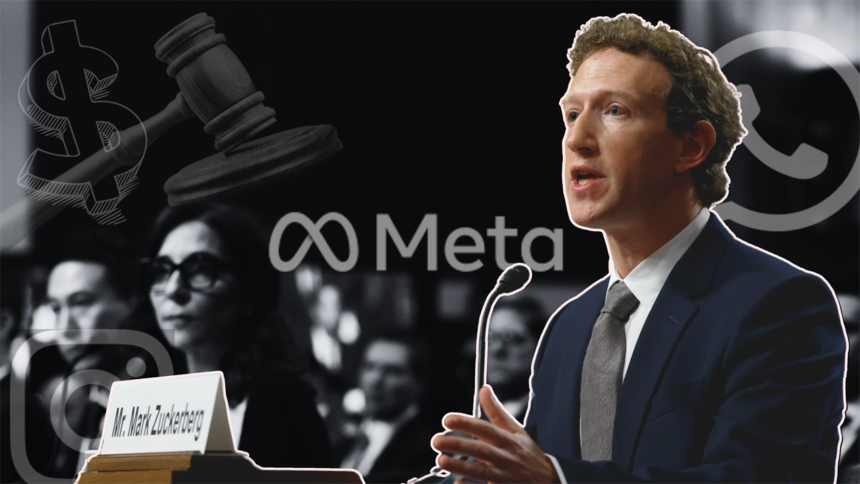Introduction
The high-stakes antitrust trial between Meta Platforms and the US Federal Trade Commission (FTC) has officially concluded, and all eyes are now on US District Judge James Boasberg. The ruling, expected later this year, could determine whether Meta must divest its prized acquisitions—Instagram and WhatsApp—over allegations of illegal monopolization in the social networking market.
FTC’s Argument: A Case for Breaking Up Meta
The FTC claims that Meta (formerly Facebook) bought Instagram in 2012 and WhatsApp in 2014 not for innovation, but to eliminate competition. According to the agency, this strategy entrenched Meta’s monopoly in a niche market called “Personal Social Networking Services”—platforms where users primarily connect with friends and family.
FTC lawyers argued that the only effective remedy is a full sale of Instagram and WhatsApp. However, the judge may also consider partial remedies, including divestiture of only one asset or structural changes within Meta.
Meta’s Defense: Market Has Evolved
Meta countered by arguing that the FTC’s definition of the market is too narrow. It claimed the company competes not just in social networking, but across short-form video, messaging, and commerce. According to Meta, its rivals include TikTok, YouTube, Snapchat, Reddit, X (formerly Twitter), and even Apple’s iMessage.
Meta executives, including CEO Mark Zuckerberg, testified that user behavior has shifted from connecting with family and friends to consuming algorithmically recommended content, thereby diluting the FTC’s core claim.
Key Trial Takeaways
- Meta may face a forced spinoff of Instagram or WhatsApp if the judge rules against it.
- The trial lasted 7 weeks and included testimonies from Meta leadership and other tech company representatives.
- Judge Boasberg’s ruling is expected before the end of 2025.
- If the FTC wins, a second trial will determine how to implement remedies.
Friends and Family Focus: The FTC’s Market Definition
The FTC’s case depends heavily on the idea that Meta dominates a unique space in online social interaction: direct sharing between friends and family. This specificity allowed the agency to exclude platforms like TikTok and YouTube, which focus more on creator-driven content.
“They’ve been a victim of the passage of time,” said antitrust analyst Justin Teresi, noting that Meta’s products have evolved beyond their original purpose.
Legal Experts Weigh In
Rebecca Allensworth, an antitrust professor at Vanderbilt University, commented that while the FTC has made a compelling case, it’s still unclear whether it’s strong enough to justify breaking up Meta. “All antitrust cases are hard to win,” she noted.
Teresi estimates a 60% chance that Meta will win, but acknowledges the unpredictability of such landmark cases.
What Happens Next?
Each party now has four months to submit written arguments. Judge Boasberg’s decision will only determine whether Meta violated antitrust laws. If he rules in favor of the FTC, another trial will decide what remedies are appropriate—likely extending the legal battle by years.
If Meta wins outright, the FTC is expected to appeal the decision.
Conclusion
The outcome of this case could reshape the future of Big Tech regulation in the United States. Whether Meta retains ownership of Instagram and WhatsApp or faces a historic breakup, the decision will have wide-reaching implications for tech giants, antitrust enforcement, and the digital economy at large.


